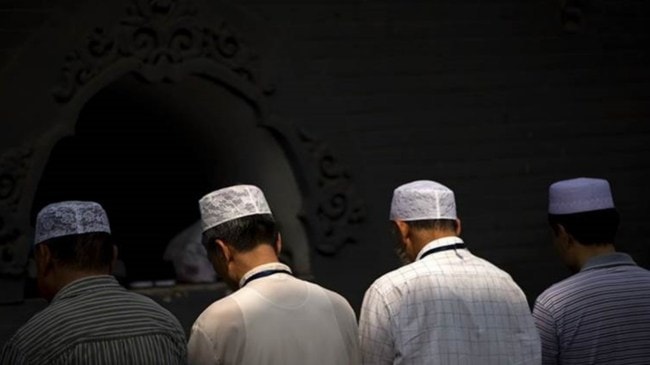Opinion Najeeb Jung writes: Courts and dialogue are short-term recourse for Indian Muslims. Long-term answer lies in education, empowerment
They must reject victimhood and not succumb to provocation. They must invest in education, seek strategic alliances with progressive civil society and keep faith in the Indian Constitution
 Not every government initiative is unwelcome. The triple talaq ban, the CAA , the NRC, and the push for a Uniform Civil Code are framed as reforms.
Not every government initiative is unwelcome. The triple talaq ban, the CAA , the NRC, and the push for a Uniform Civil Code are framed as reforms. The Waqf (Amendment) Act has now received presidential assent, leaving much of India’s Muslim community feeling sullen and sidelined. Legal petitions have been filed across high courts and the Supreme Court, but faith in judicial recourse is waning — especially when even the judiciary seems guided by forces beyond constitutional reasoning and “God” chose to guide judges. Muslims feel increasingly cornered.
Five years ago, a few of us — not as community leaders but as concerned citizens — sought dialogue. We met with RSS head Mohan Bhagwat to express our anxiety about rising hostility toward Muslims. Bhagwat listened intently, and multiple meetings followed. We also engaged leaders from Sikh, Christian, and Muslim communities. All agreed: Dialogue was the best path forward.
Unfortunately, the situation has worsened since. The issues we raised — lynchings, bulldozing of homes, boycotts, open threats, displays of majoritarian aggression near mosques, curbs on religious practice, inflammatory rhetoric — have only intensified. Since 2014, when the BJP came to power at the Centre, the landscape for Indian Muslims has grown steadily more hostile.
Not every government initiative is unwelcome. The triple talaq ban, the CAA, the NRC, and the push for a Uniform Civil Code are framed as reforms. The issue isn’t the proposals themselves, but the absence of meaningful consultation. For a community that forms the world’s third-largest Muslim population, it’s baffling that no representative voices are engaged in crafting policies that directly affect them. The government claims these measures are meant to uplift Muslims. But why would Muslims trust a government that won’t field a single Muslim candidate in key elections? That turns a blind eye to hate speech, mob violence, and humiliation of hijab-wearing girls. That justifies the bulldozing of homes, or refuses to curb vigilantism in the name of “love jihad”. That encourages religious processions for one faith, while restricting another.
Hindutva has weaponised majoritarianism, fusing nationalism with thinly veiled Islamophobia. Since 2014, forces seeking to undermine India’s pluralist democracy have gained ground — often portraying Muslims as the internal enemy. Global trends of Islamophobia only reinforce this narrative. This leaves India’s Muslims anxious and unsure of their place in the nation’s future. Many are under the influence of clerics who offer little modern guidance. Political leadership within the community is weak. In a society where caste and religion determine electability, Muslims struggle to find a voice — particularly in the face of a party that systematically excludes them. So where does hope lie?
Ironically, it lies in the secular Hindu majority. The Hindu-Muslim divide is deep-rooted, but India’s post-Independence story has also been shaped by Hindu tolerance and syncretic values. Today, numerous journalists and YouTubers challenge the Hindutva narrative at great personal risk. Lawyers offer pro bono support for victims of communalism.
Still, the question remains: How should Muslims respond? Many are confused about how to push back against Hindutva without further escalating tension. One answer lies in dialogue. Despite political winds, leaders like Bhagwat have occasionally urged mutual understanding. But even sincere dialogue struggles against a tide of orchestrated polarisation.
most read
That said, Muslims must persist. Even if courts and dialogue are the short-term recourse, the long-term answer lies in education and empowerment. As former vice-chancellor of Jamia Millia Islamia, I’ve witnessed the transformation of rural Muslim youth. With access to modern education, they leave with confidence. While only 4 per cent of Muslims study in madrasas, modernising madrasas to adopt CBSE curricula could be a vital step. It would integrate students into the mainstream and equip them with the tools to engage confidently with society.
Muslims in India today stand at a crossroads. They must reject victimhood and not succumb to provocation. They must invest in education, seek alliances with progressive civil society, and keep faith in the Constitution. The path ahead is hard — but not impossible.
The writer, former V-C, Jamia Millia Islamia and former Delhi L-G, is chairman, Advanced Study Institute of Asia






